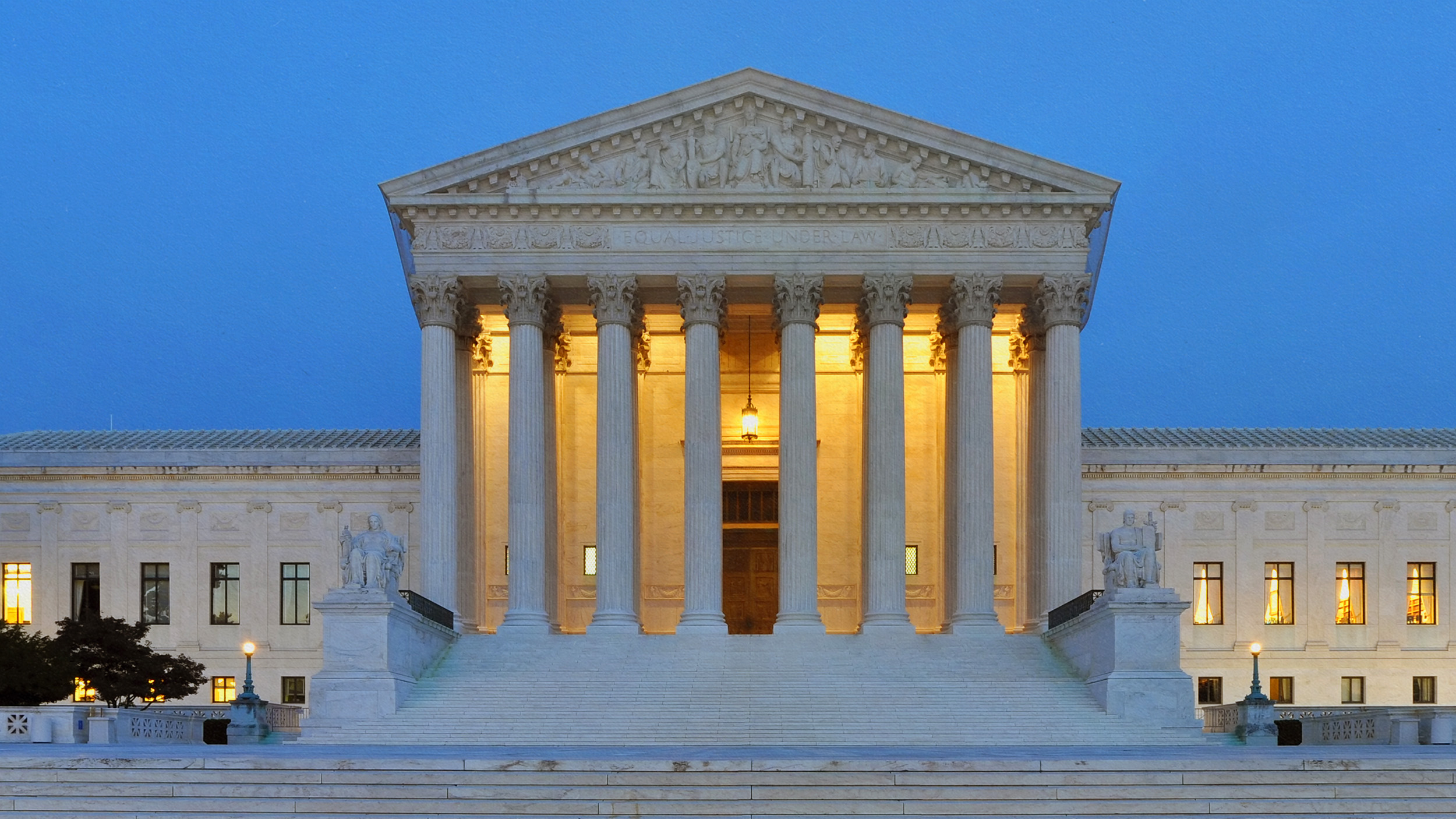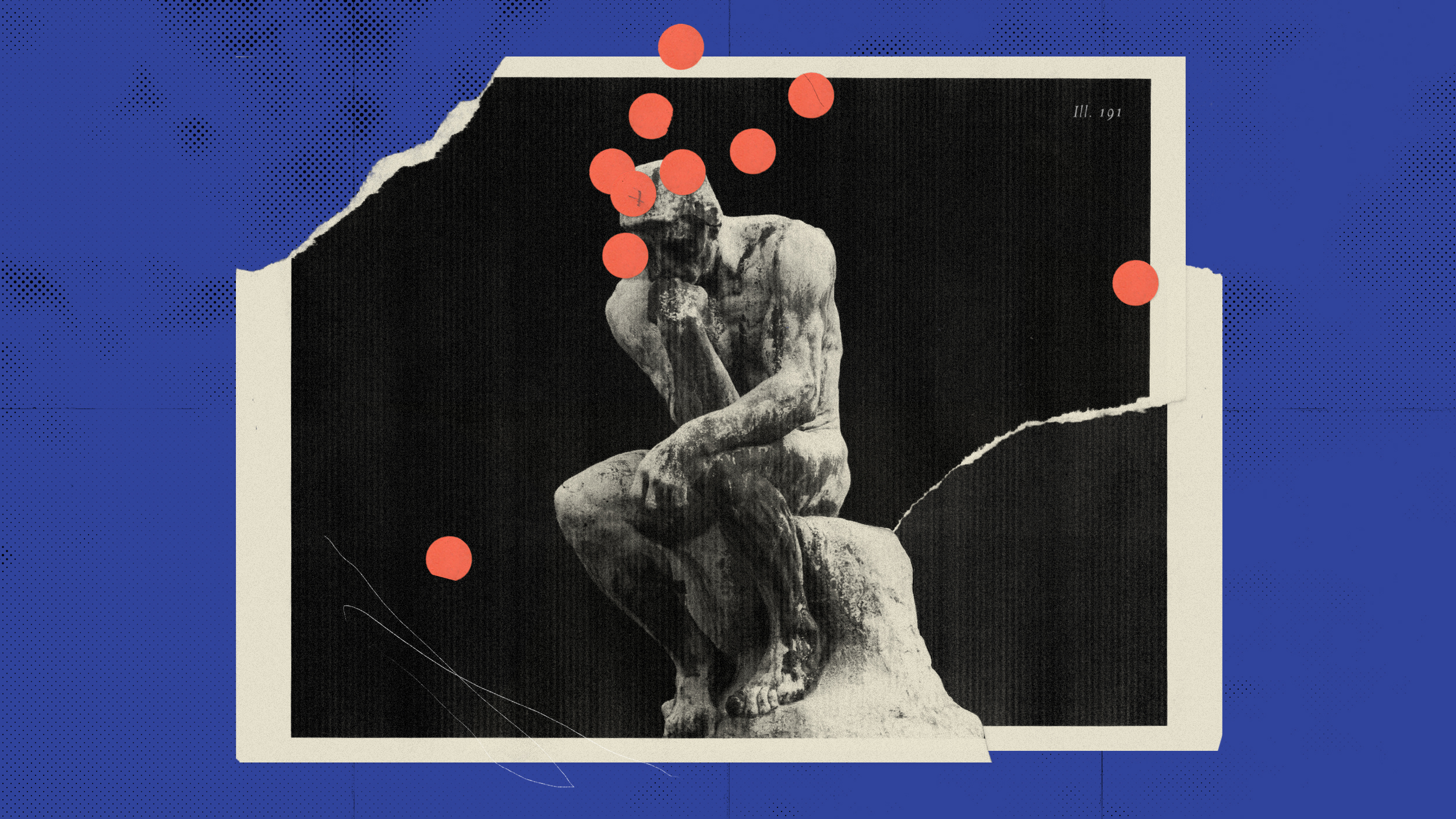The Anxiety of the Supreme Court Justice
Put yourself in the sensible black shoes of one of our nine Supreme Court justices for a moment. Next week, you will hand down decisions on four huge cases concerning the Voting Rights Act, racial preferences in higher education and same-sex marriage. No matter how you rule, you will make a lot people very angry. You will establish a new constitutional framework for public debate about all of these questions. Your decisions will have untold effects on the way elections are conducted, on the demographics of college classrooms and on the very nature of marriage and family. Next week, you will change America.
As exciting as the power of jurisprudence is, it has got to make you anxious. Your reasoning will be parsed, your motivations questioned. You will be reviled by many. You may even wonder if you’ve made a mistake as the decisions are being released — especially if you are Justice Anthony Kennedy, the Court centrist on many hot-button issues.
Justice Kennedy betrayed a bit of this jurisprudential anxiety in the oral argument of a wrenchingly difficult case involving adoption and Native Americans — yet another toughie to be decided in the coming days. (Here is my analysis of the case at the Economist.) Adoptive Couple v. Baby Girl asks whether Veronica, a three-year-old girl with Cherokee blood, belongs with the non-Native American couple who adopted her at birth and raised her for 27 months, or with her biological father who claimed her in January 2012 under a provision of the Indian Child Welfare Act.
Here is Justice Kennedy wringing his hands:
Well, these — these considerations are why domestic relations pose the hardest problems for judges. Our domestic relations judges all by themselves every day have these difficult problems. If we could appoint King Solomon, who was the first domestic relations judge, as special master, we could do it. But we can’t do it.
You’ll recall King Solomon’s solution to a custody dispute between two women from 1 Kings, chapter 3:
24 And the king said: ‘Fetch me a sword.’ And they brought a sword before the king.
25 And the king said: ‘Divide the living child in two, and give half to the one, and half to the other.’
26 Then spoke the woman whose the living child was unto the king, for her heart yearned upon her son, and she said: ‘Oh, my lord, give her the living child, and in no wise slay it.’ But the other said: ‘It shall be neither mine nor thine; divide it.’
27 Then the king answered and said: ‘Give her the living child, and in no wise slay it: she is the mother thereof.’
In the oral argument, Justice Sotomayor seemed more certain about how the case should be resolved than did Justice Kennedy (she’s likely to rule for the biological father), but she too let some anxiety off her chest:
“I don’t want to be that judge, by the way.”





